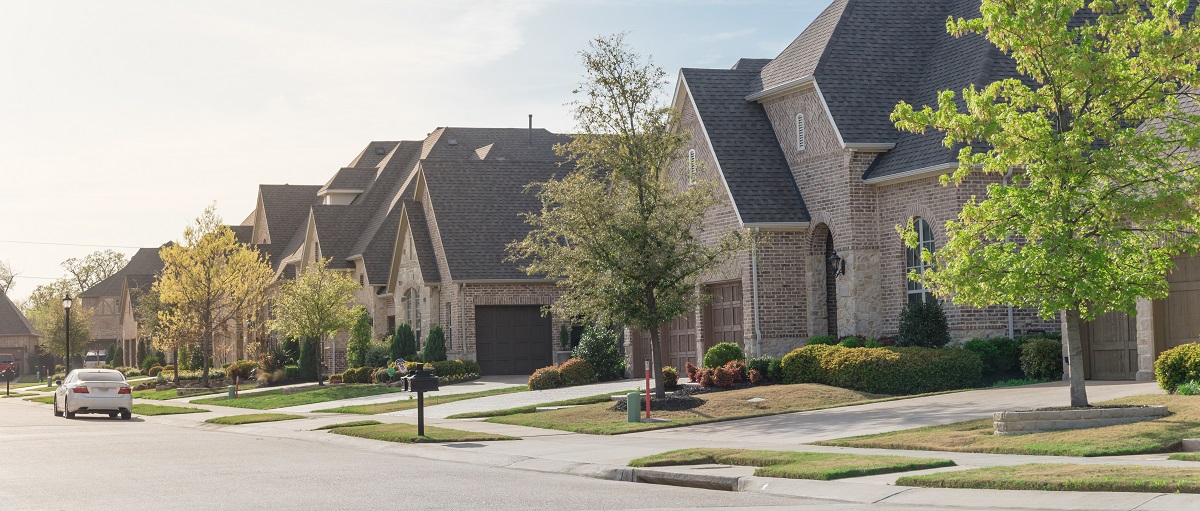The Supreme Court of Texas recently held that, when a lender or loan servicer rescinds its acceleration of a loan in compliance with Texas Civil Practice and Remedies Code Section 16.038, the rescission resets the statute of limitation even if it is combined with a notice of reacceleration.
Posts published in “Foreclosure”
The Appellate Court of Illinois, Fifth District, recently held that, because the defendant borrowers failed to file their petition for relief from a foreclosure judgment in the same proceeding in which the allegedly void order was entered, as required under Illinois procedural rules, the petition should have been dismissed without prejudice.
The Appellate Court of Illinois, First District, recently held that a trial court should not have rejected a borrower's attempt to vacate two different foreclosure judgments against him on the grounds of defects in service of process in those actions.
The Appellate Court of Illinois, First District, recently affirmed a trial court’s order denying a tenant’s emergency petition to vacate an eviction following a foreclosure action.
The California Court of Appeal, Fourth District, recently held that a party who purchased the collateral property through a homeowners association foreclosure sale is a "successor in interest" under California Civil Code § 2924c, and therefore has the right to cure any payment defaults and reinstate the loan and has standing to bring a wrongful foreclosure action.
Texas Supreme Court Rules Mortgagee Could Not Avoid Foreclosure SOL With Equitable Subrogation Claim

The Supreme Court of Texas recently held that a mortgagee’s foreclosure action was time-barred and that the doctrine of equitable subrogation did not provide the lender with an alternative timely claim.
The Appellate Court of Illinois, First District, recently reversed a trial court’s order striking an affirmative defense to a foreclosure, vacated the foreclosure rulings, and remanded the matter for further proceedings.
The U.S. Court of Appeals for the Sixth Circuit recently affirmed a trial court’s decision granting summary judgment and dismissing a mortgagee’s foreclosure action as time-barred under Tennessee law, and rejecting the mortgagee's arguments of oral modification, partial payment, and equitable estoppel, as well as its request for an equitable lien.
The Appellate Court of Illinois, First District, recently held that a borrower failed to identify any meritorious defense sufficient to stop or undo a judicial foreclosure sale. In so ruling, the Appellate Court rejected the borrower's arguments that the servicer failed to comply with the loss mitigation rules under the federal Real Estate Settlement Procedures Act (RESPA) that she claimed would have allowed her to cure her default, because the servicer qualified as a "small servicer" under 12 C.F.R. 1026.41(e)(4), and was therefore exempt from the loss mitigation rules.
The New York Court of Appeals recently held that a plaintiff mortgagee was permitted to dispute and contradict whether a taxing authority complied with the statutory tax foreclosure mailing and notice requirements contained in N.Y. Real Property Tax Law (RPTL) 1125(1)(b), and thereby challenge the validity of a tax foreclosure.
Illinois App. Court (2nd Dist) Rejects Borrowers’ Claims of Trespass by Mortgagee During Foreclosure

The Appellate Court of Illinois, Second District, recently affirmed a trial court’s dismissal of two borrowers’ counterclaims alleging that the mortgagee improvidently trespassed on their property during the foreclosure process.
The New York Court of Appeals, the state's highest court, recently reversed the ruling of an intermediate appellate court and held that the inclusion of information that is not “false, misleading, obfuscatory, or unrelated” does not void an otherwise proper notice to borrowers sent pursuant to New York Real Property Actions and Proceedings Law § 1304, and thus does not bar a subsequently filed foreclosure action.










